“Spiritual But Not Religious” aka SBNR
In an era where increasing numbers of people are describing themselves as “spiritual but not religious,” it’s worth delving into the complexities of these concepts. What’s the difference between spirituality and religion? While often used interchangeably, harbor distinct meanings and implications. This blog post will venture into these realms, shedding light on their definitions, differences, and how each plays a unique role in human lives.
Introduction
Our journey begins with stepping stones of understanding – defining what we mean by ‘spirituality’ and ‘religion.’ Though these terms carry different connotations for different people, they provide a foundation we can explore further.
Definition of Spirituality
Life is simple. Everything happens for you, not to you. Everything happens at exactly the right moment, neither too soon nor too late. You don’t have to like it… it’s just easier if you do.
—Byron Katie (Spiritual Teacher proven to be of higher consciousness)
Spirituality is a sense of connection to something bigger than ourselves.
It can involve a search for meaning in life, encompassing a deep-seated sense of transcendence, peace, and enlightenment. It is a universal human experience—something that touches us all.
Spirituality often involves a personal, individualized exploration of one’s inner self and the search for ultimate Truth or purpose. It can manifest in various forms, such as meditation, prayer, mindfulness, or engaging in practices that promote personal development, spiritual growth, and self-awareness.
Spirituality is often seen as a subjective and personal experience, as it is unique to each individual. It does not necessarily require adherence to specific beliefs or rituals and can be pursued outside organized religious institutions
About Craig Hamilton Co-Founder of EvolvingWisdom.com:

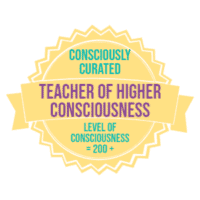 Craig Hamilton is a spiritual trailblazer whose innovative transformation approach brings enlightenment down to earth and unlocks the codes to our highest human potential.
Craig Hamilton is a spiritual trailblazer whose innovative transformation approach brings enlightenment down to earth and unlocks the codes to our highest human potential.
With more than 16,000 graduates to date, his in-depth online meditation classes, workshops, and courses have transformed the lives of seekers in over 85 countries worldwide. These potent transformational how-to meditate training bring together core insights and approaches based on decades of on-the-ground research at the leading edge of spiritual practice and inquiry.
Definition of Religion
“When I do good, I feel good. When I do bad, I feel bad. That’s my religion.”
―
Conversely, the difference between spirituality and religion is a specific set of organized beliefs and practices, usually shared by a community or group. It is more structured, often involving rituals, ceremonies, and guidelines or commandments that followers are expected to adhere to. Religion often revolves around worshiping a higher power or deity and provides a system of faith and worship for its adherents.
Religion also plays a role in shaping social norms, values, and ethics within a community. It can provide a moral compass and guide individuals in their decision-making processes. Additionally, religion often offers comfort, solace, and hope in times of difficulty or uncertainty.
On the other hand, spirituality vs religion is a more personal and individualistic experience. It involves seeking meaning and purpose in life, connecting with something greater than oneself, and exploring one’s inner self. Spirituality can be practiced both within and outside religious frameworks, allowing for a broader range of beliefs and experiences.
Spirituality often involves self-reflection, meditation, mindfulness, and connecting with nature or the universe. It focuses on personal growth, self-discovery, and inner peace and fulfillment. Spirituality can give individuals a sense of purpose, harmony, and connection to something greater than themselves.
While religion and spirituality can be practiced independently, they can also complement each other.
Many religious individuals engage in spiritual practices to deepen their faith connection and enhance their personal spiritual experiences. At the same time, individuals who consider themselves spiritual but not religious may draw inspiration from various religious traditions or teachings.
Religion and spirituality offer different paths for individuals to explore and understand the world, find meaning and purpose, and connect with something greater than themselves. Both have the potential to bring comfort, guidance, and fulfillment to people’s lives, albeit in different ways.
Understanding Spirituality vs. Religion
Now that we have a basic grasp of the two concepts, we can dive deeper into the nuances that separate spirituality from religion and the differences between spirituality and religion. Here, we’ll elaborate on the differences and explore the intriguing realm of being spiritual without being religious.
Explanation of the differences between spirituality and religion
While spirituality and religion revolve around the belief in a higher power or ultimate Truth, they differ fundamentally in their approaches. Religion tends to be more externally focused, grounded in specific practices, rituals, and doctrines dictated by a religious institution. Spirituality, on the other hand, is more of an individual, internal journey—a personal quest for understanding and connection with the divine, the universe, oneself, and others.
Differences between Spirituality and Religion.
While spirituality and religion share some similarities, they also have distinct differences.
1. Beliefs and Institutions: Religion typically involves adherence to specific beliefs and doctrines that are shared by a community or group of people. Spirituality, on the other hand, is more individualistic and allows for a broader range of beliefs and experiences.
2. Rituals and Practices: Religion often involves formalized rituals and practices that are prescribed by religious institutions. Spirituality, on the other hand, may involve a variety of practices that are more self-directed and personalized.
3. Community and Social Structure: Religion often provides a sense of community and social structure through religious institutions, gatherings, and shared beliefs. Spirituality, while it can be shared with others, is often a more personal and internal experience.
4. Authority and Hierarchy: Religion is often hierarchical, with leaders and authorities who interpret religious teachings and guide adherents. On the other hand, spirituality emphasizes personal exploration and the individual’s connection to something greater.
5. Dogma and Flexibility: Religion often has defined dogmas and doctrines that adherents must follow. Spirituality allows for more flexibility and openness to different beliefs and interpretations.
Role in Human Lives
Both spirituality and religion play essential roles in human lives, although they serve different purposes for individuals.
Religion provides a sense of belonging, identity, and community. It offers a framework for understanding the world, moral guidance, and a sense of purpose.
Discussion of the Concept of Being Spiritual But Not Religious
Being spiritual but not religious (SBNR) is a growing phenomenon today. This category of people finds spiritual fulfillment outside of institutional religion. They may engage in meditation, nature walks, yoga, or other forms of self-discovery and connection. For them, spirituality is a deeply personal experience unbound by the rigidity of religious dogma or tradition.
Exploring Spirituality
Having discussed the concept of SBNR, it’s time we delve into the realm of spirituality itself. Here, we will explore its characteristics, different practices, and beliefs that individuals may adopt.
Definition and characteristics of spirituality
Spirituality often involves a sense of peace, purpose, and connection. It may manifest in various forms, such as a sense of awe, reverence, altruism, compassion, and the pursuit of wisdom. It’s a multidimensional construct encompassing self-discovery, relationships with others, and a quest for the sacred or transcendent.
Discussion of different spiritual practices and beliefs
Spiritual practices vary immensely across cultures and individuals. They can include meditation, yoga, prayer, contemplation, art, and spending time in nature. Some people find spirituality through acts of kindness and service to others, while others may seek spiritual growth through introspection and self-exploration. The beauty of spirituality lies in its flexibility—it can be tailored to suit individual needs, beliefs, and experiences.
Discover Tools to Break Free from Destructive & Limiting Patterns
Life Visioning Mastery
Embark on a spiritual journey far beyond traditional goal setting & manifestation, and discover what the universe has in store for you with renowned spiritual teacher Dr. Michael Beckwith.
Bestselling author, spiritual teacher, proven to be of higher consciousness, and founder of Agape International Spiritual Center, Michael Bernard Beckwith, will help you move beyond the limits of visualization — to begin living as your vision.
 *According to ConsciousnessCalibrations.com, Dr. Michael Bernard Beckwith is a rare teacher of higher consciousness, aligned with the attractor fields of inspiration (390-395), celebration (390), and love (500+). Attractor fields in consciousness that are more than powerful enough to transform any area of your life. His teachings calibrate at 500 on the Map of Consciousness®, a rare and significant level of consciousness to expose yourself to.
*According to ConsciousnessCalibrations.com, Dr. Michael Bernard Beckwith is a rare teacher of higher consciousness, aligned with the attractor fields of inspiration (390-395), celebration (390), and love (500+). Attractor fields in consciousness that are more than powerful enough to transform any area of your life. His teachings calibrate at 500 on the Map of Consciousness®, a rare and significant level of consciousness to expose yourself to.
Differentiating Spirituality vs Religion
As we journey further, it’s essential to distinguish between the two concepts clearly. We’ll revisit the critical distinctions between spirituality and religion and explore how the former can exist outside or alongside religious beliefs.
Embracing a Spiritual Lifestyle
Having gained insights into spirituality and its differences with religion, let’s turn our attention to practical applications—how can one incorporate spirituality into everyday life? Let’s also discuss the potential benefits and challenges of a spiritual lifestyle.
Tips for incorporating spirituality into everyday life
Embracing a spiritual lifestyle can be as simple or as intricate as you make it. It might involve daily meditation or mindfulness practices, regular nature walks, journaling, or performing random acts of kindness. One could also adopt a “gratitude attitude”, taking time each day to reflect on things they’re thankful for. The key lies in finding what resonates with you and fosters a sense of peace, connection, and purpose.
Discussion of the benefits and challenges of a spiritual lifestyle
A spiritual lifestyle has numerous potential benefits, including improved mental health, increased resilience, and a more profound sense of fulfillment and contentment. However, it’s not without its challenges. Some may struggle with finding a practice that suits them or feel isolated if their spiritual beliefs differ from those around them. But remember, spirituality is a personal journey, and it’s okay to explore, question, and forge your own path.
Discover the Map of Consciousness®, One of the Greatest Spiritual Gifts to Modern Humankind
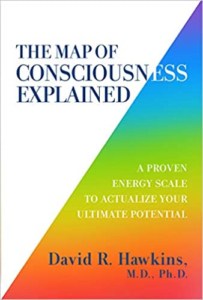 The Map of Consciousness®, developed by Dr. David R. Hawkins, is a tool that helps individuals understand and navigate their spiritual journey. It presents a scale of consciousness levels, ranging from low levels such as shame and guilt to higher levels like love and enlightenment. The map serves as a guide for personal growth and self-improvement, showing individuals where they currently stand and what steps they can take to elevate their consciousness.
The Map of Consciousness®, developed by Dr. David R. Hawkins, is a tool that helps individuals understand and navigate their spiritual journey. It presents a scale of consciousness levels, ranging from low levels such as shame and guilt to higher levels like love and enlightenment. The map serves as a guide for personal growth and self-improvement, showing individuals where they currently stand and what steps they can take to elevate their consciousness.
One of the greatest gifts of the Map of Consciousness® is its ability to provide clarity and perspective. By understanding the different levels of consciousness, individuals can gain insight into their thoughts, emotions, and behaviors. They can identify patterns, beliefs, and attachments that may be holding them back and work towards releasing and transcending them.
The Map of Consciousness® also emphasizes the power of intention and the impact of our choices on our spiritual growth. It encourages individuals to take responsibility for their actions, thoughts, and energy, as these directly influence their consciousness level. By cultivating positive intentions and making conscious choices aligned with higher levels of consciousness, individuals can raise their vibration and experience greater peace, joy, and fulfillment in life.
Moreover, the Map of Consciousness® highlights the interconnectedness of all beings and the importance of compassion and love. As individuals progress on their spiritual journey, they develop a greater understanding and appreciation for the unity of all existence. This realization fosters a sense of empathy, kindness, and service towards others, creating a ripple effect of love and harmony in the world.
While the Map of Consciousness® offers valuable insights and guidance, it is essential to approach it with an open mind and discernment. Each individual’s spiritual journey is unique, and what resonates with one person may not resonate with another. It is important to listen to your intuition, trust your inner guidance, and adapt the teachings of the map to your own experiences and beliefs.
Shore Up Your Spiriutal Foundation in Significant Ways
It’s been proven in consciousness research that you can raise your consciousness significantly in your lifetime. According to the consciousness research by Dr. David R. Hawkins, most people increase their level of consciousness, on average, by 5 points on the Map of Consciousness or 10 to the 5th power. Since the dissemination of the Map of Consciousness, and Dr. Hawkins’s teachings and books on advanced spiritual topics and the pathway to enlightenment, other significant ways have evolved into our collective awareness.
Here are 5 proven ways:
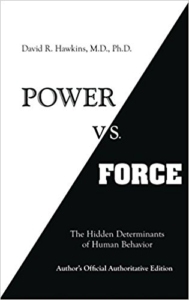 Read Dr. Hawkins’s original and most renowned book on the top, Power vs. Force: The Hidden Determinants of Human Behavior. It’s proven to increase your consciousness by 35 points, or 10 to the 35th power (it’s quantum in nature).
Read Dr. Hawkins’s original and most renowned book on the top, Power vs. Force: The Hidden Determinants of Human Behavior. It’s proven to increase your consciousness by 35 points, or 10 to the 35th power (it’s quantum in nature).- Read Dr. Hawkins’s highly-rated book, Letting Go The Pathway to Surrender. The mechanism of letting go is a rocketship relative to everyday talk therapy.
- Listen to Your Weekly Dose of Higher Consciousness podcast. It’s proven in consciousness to be of higher consciousness at 460 on the Map of Consciousness. Listening to and integrating the authentic power and truth in consciousness calibrations can raise your level of consciousness by 160-270 points on the scale of human consciousness.
- Reading consciousness calibrations regularly or reading regularly and participating in the online community, according to consciousness calibrations, raises your level of consciousness in a range of from 160 to 270 points on the Map of Consciousness or Spiritual Progress.
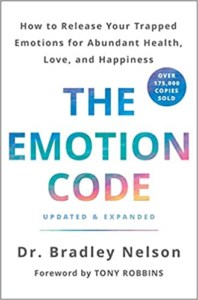 Clear your heart wall and remove trapped and inherited emotions. Discover The Emotion Code (370) and The Body Code (350), energy healing modalities proven in consciousness to be of higher consciousness. By our test of it, clearing your heart wall can increase your level of consciousness by 50 points or 10 to the 50th power.
online pharmacy buy wellbutrin no prescription with best prices today in the USA
Clear your heart wall and remove trapped and inherited emotions. Discover The Emotion Code (370) and The Body Code (350), energy healing modalities proven in consciousness to be of higher consciousness. By our test of it, clearing your heart wall can increase your level of consciousness by 50 points or 10 to the 50th power.
online pharmacy buy wellbutrin no prescription with best prices today in the USA
In conclusion, the Map of Consciousness is a powerful tool supporting individuals’ spiritual growth and self-realization. It provides a framework for understanding and navigating the various levels of consciousness, encourages personal responsibility and intentionality, and fosters love, compassion, and unity. By embracing this gift, individuals can deepen their connection with themselves, others, and the divine and ultimately experience a more fulfilling and meaningful life.
Explore Today’s Renowned Spiritual Teachers
I’ve consciously curated resources that calibrate above 200 on the Map of Consciousness® to help you make better choices and align with higher consciousness in your life. Following are renowned spiritual leaders and teachers that can help you.
Conclusion
Your exploration of spirituality vs religion culminates here. But remember, this is just the beginning of your unique journey. Let’s recap our insights and encourage further investigation of these fascinating realms.
Summary of the differences between spirituality and religion
The differences between spirituality and religion, while overlapping in certain areas, are fundamentally different. Religion presents a structured, external approach involving community-based practices and beliefs. On the other hand, spirituality is a deeply personal, internal journey toward connection, understanding, and transcendence.
Encouragement to explore and embrace spirituality in a personal way
Regardless of your religious affiliation or lack thereof, there is room for spirituality in everyone’s life. It’s about finding what resonates with you, exploring different practices and beliefs, and nurturing your own sense of connection and peace.
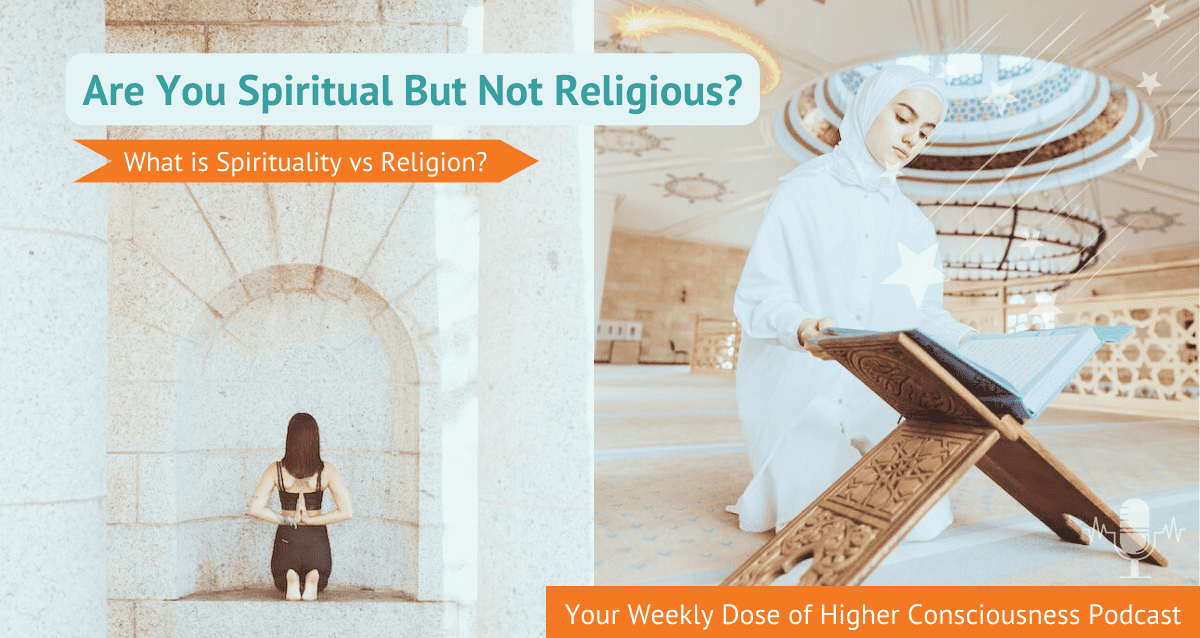
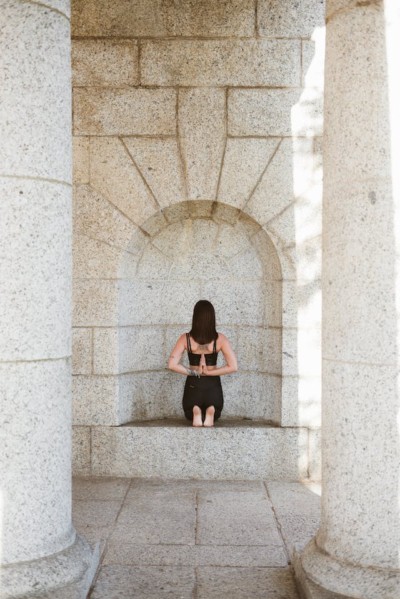
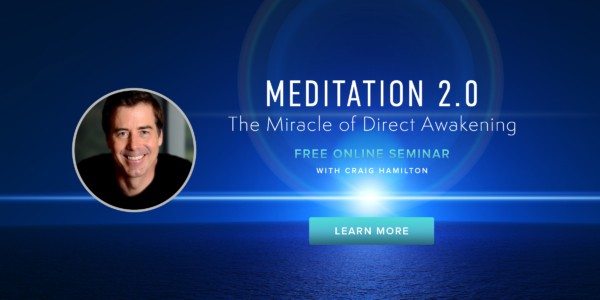
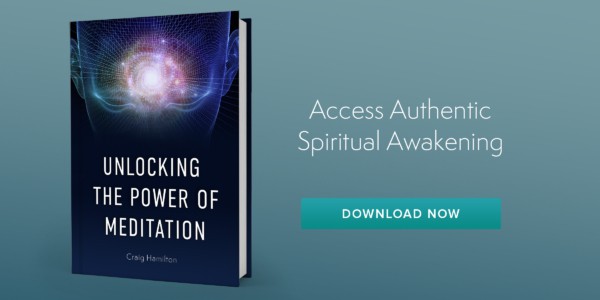
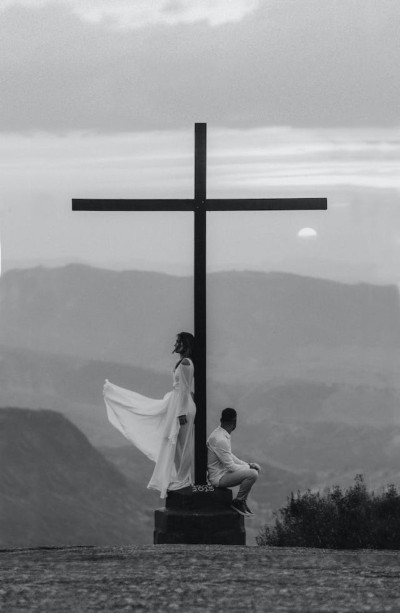
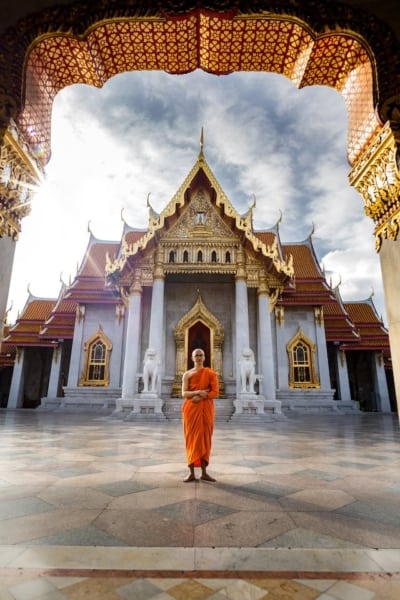
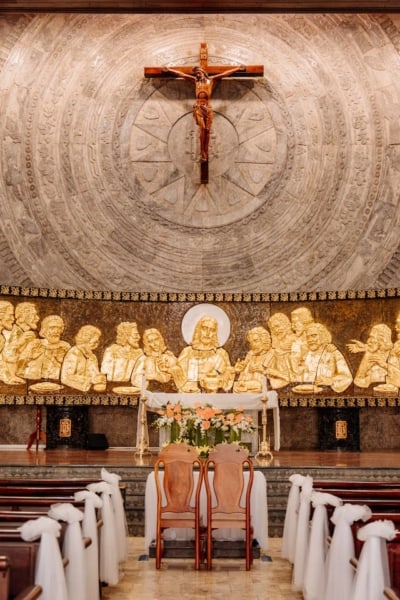
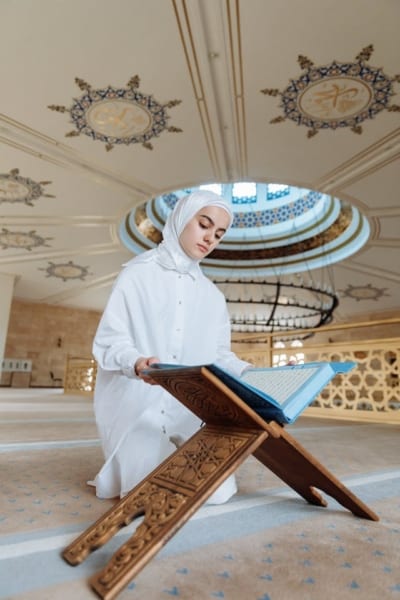
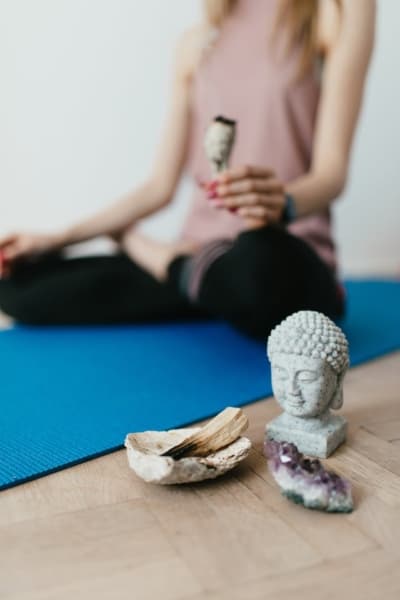
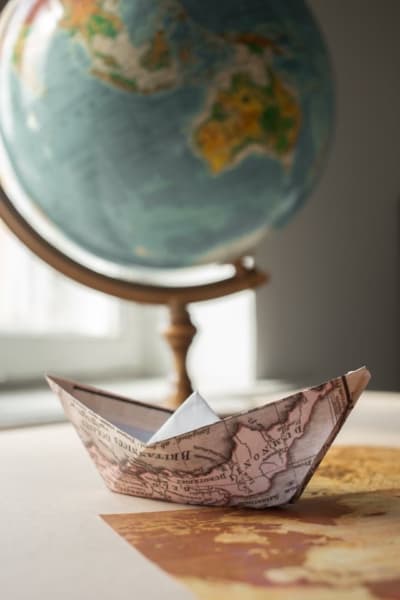
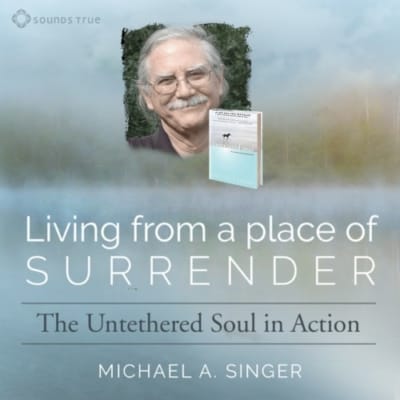
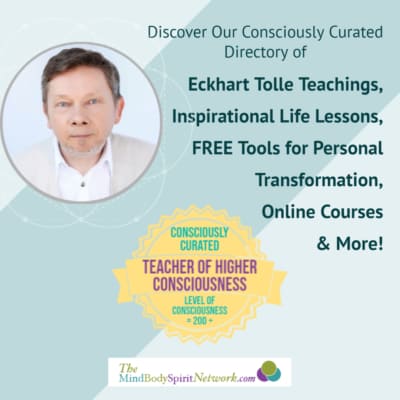
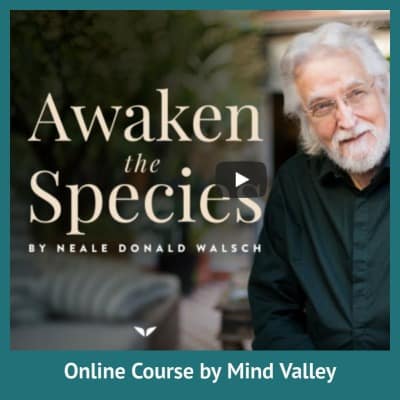
Leave a Reply